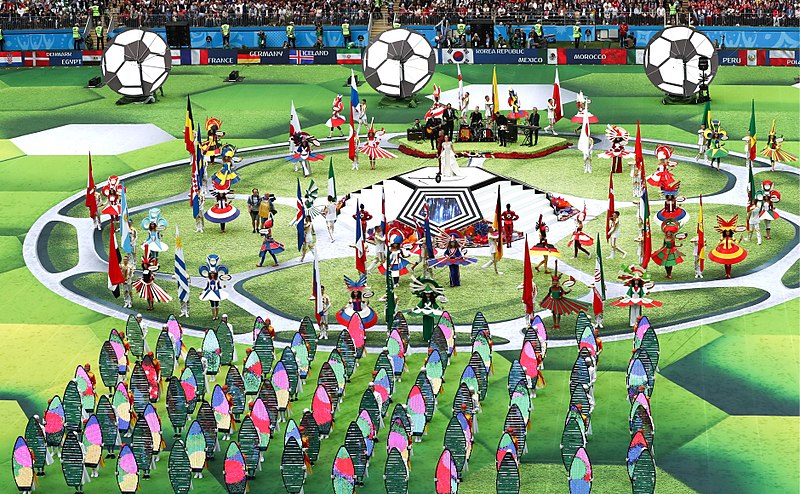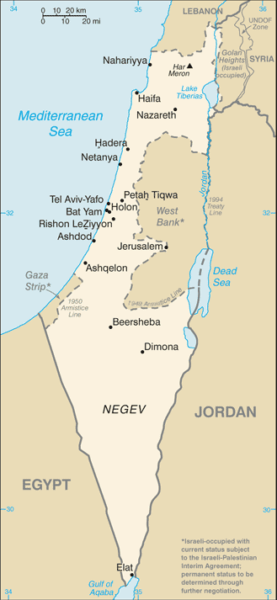At Spiked, Mick Hume looks back at what we were told to expect from the hosting nation of the 2018 World Cup:
Everybody agrees that the 2018 World Cup has been a roaring success. Yet remember how recently we were being warned that it would be the equivalent of a humanitarian disaster?
Before a ball was kicked we were assured that English and other international fans would all be beaten up, if not eaten alive, by armies of ‘neo-Nazi’ Russian hooligans, and that President Vladimir Putin would cynically exploit the World Cup ‘like Hitler did the 1936 Olympics’, as a tool in his plot for global domination and world war.
British government ministers and officials boycotted the tournament after the poisoning of Sergei and Yulia Skripal (the expense-account restaurants of Moscow might have missed their presence, but it’s unlikely anybody else did). And England squad member Danny Rose reportedly told his family ‘don’t come to Russia’, because of ‘fears that they would be racially abused’.
Questions were asked about why there were relatively few England fans at the team’s opening games in Russia. In the face of such sustained scaremongering, it might rather seem a wonder that anyone braved the journey.
Yet once the actual football kicked off, what happened? None of the above. Instead the World Cup immediately became a glorious, thrilling spectacle, capturing the imagination of fans worldwide amid a rolling party atmosphere across Russia.
This follows the similar reality gaps between political scaremongering and sporting success around other recent World Cups and Olympic games, notably London 2012. It should surely be a reminder to us all to ignore the agenda-driving doom-mongers in future and remember that, in the end, the game’s the thing. There is no chance of keeping politics out of sport, but we might at least try to keep sport out of politics and reject attempts to use our great sporting occasions as political footballs. (Rider: the idea of staging the next World Cup in Qatar still seems bonkers, but…)





